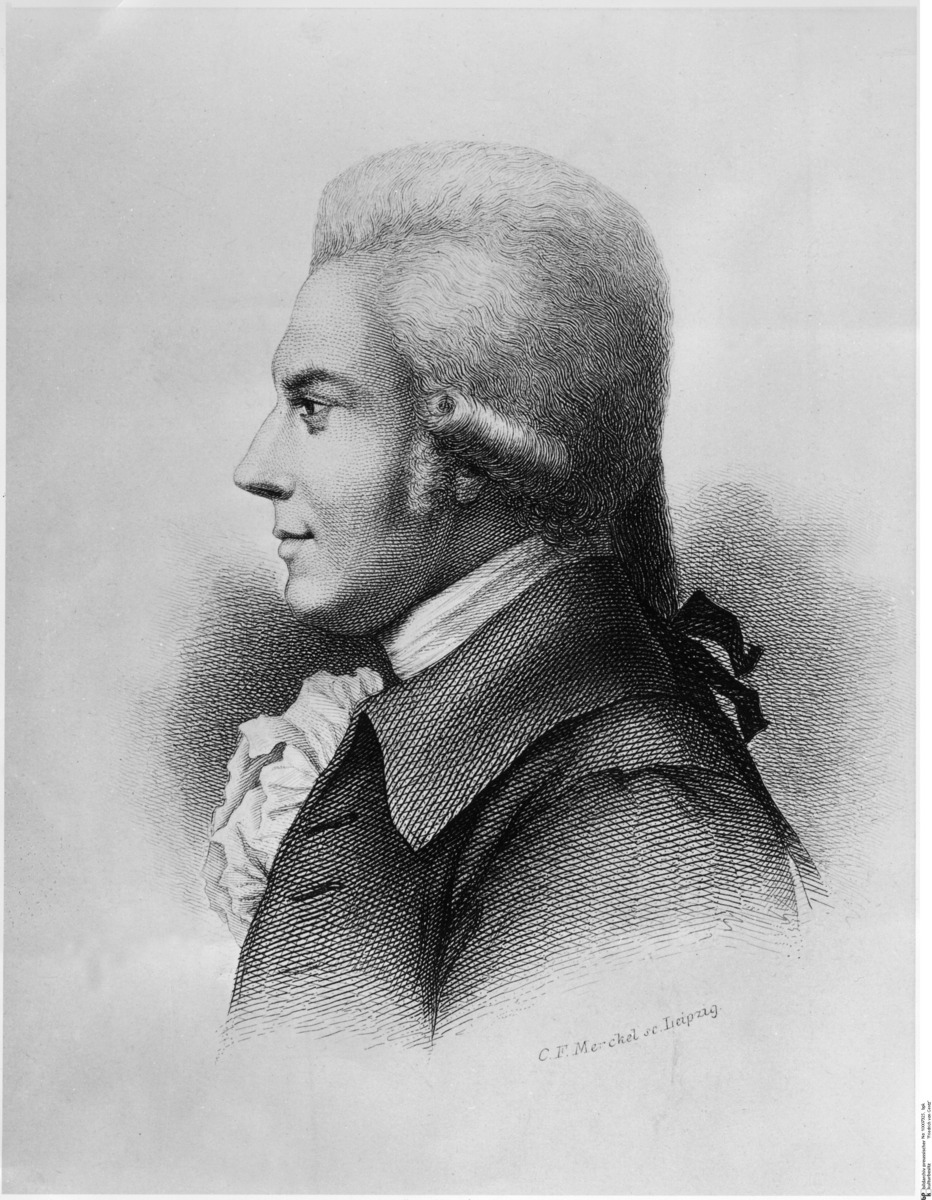Abstract
In the late eighteenth and early nineteenth centuries, politics and
culture in the German territories were dominated by the conflict with
revolutionary and Napoleonic France. Many German thinkers initially
welcomed the French Revolution, only to reverse their judgment in the
face of the terreur and the expansionist policies of Napoleon Bonaparte.
Influenced by Jean-Jacques Rousseau’s ideas of equality and the
volonté générale (general will), the
publicist, politician, and Prussian civil servant Friedrich von Gentz
was an early supporter of the French Revolution. But his enthusiasm
waned after he translated Irish philosopher Edmund Burke’s
anti-revolutionary Reflections on the
Revolution in France (1790) into German in 1793/94. The following
year, he founded and assumed the editorship of
Neue deutsche Monatsschrift
[New Germany Monthly], a journal that
was critical of the revolutionary French republic. Forced to steer a
careful line on account of its alliance with France, the Prussian
government dismissed Gentz from the civil service in 1802. He then went
to Vienna, where he became a central figure in Austria’s conservative
reaction against revolutionary ideas and movements. In 1810, Clemens von
Metternich (1773-1859), the new Austrian foreign minister, enlisted him
as editor of the semi-official
Österreichische Beobachter
[Austrian Observer], which
disseminated conservative, pro-regime thought and took aim against
anti-absolutist German nationalists. In the ensuing years, Gentz became
Metternich’s friend and personal secretary; he also became one of the
most influential political voices in the German territories.
